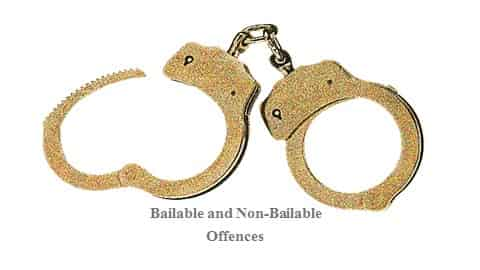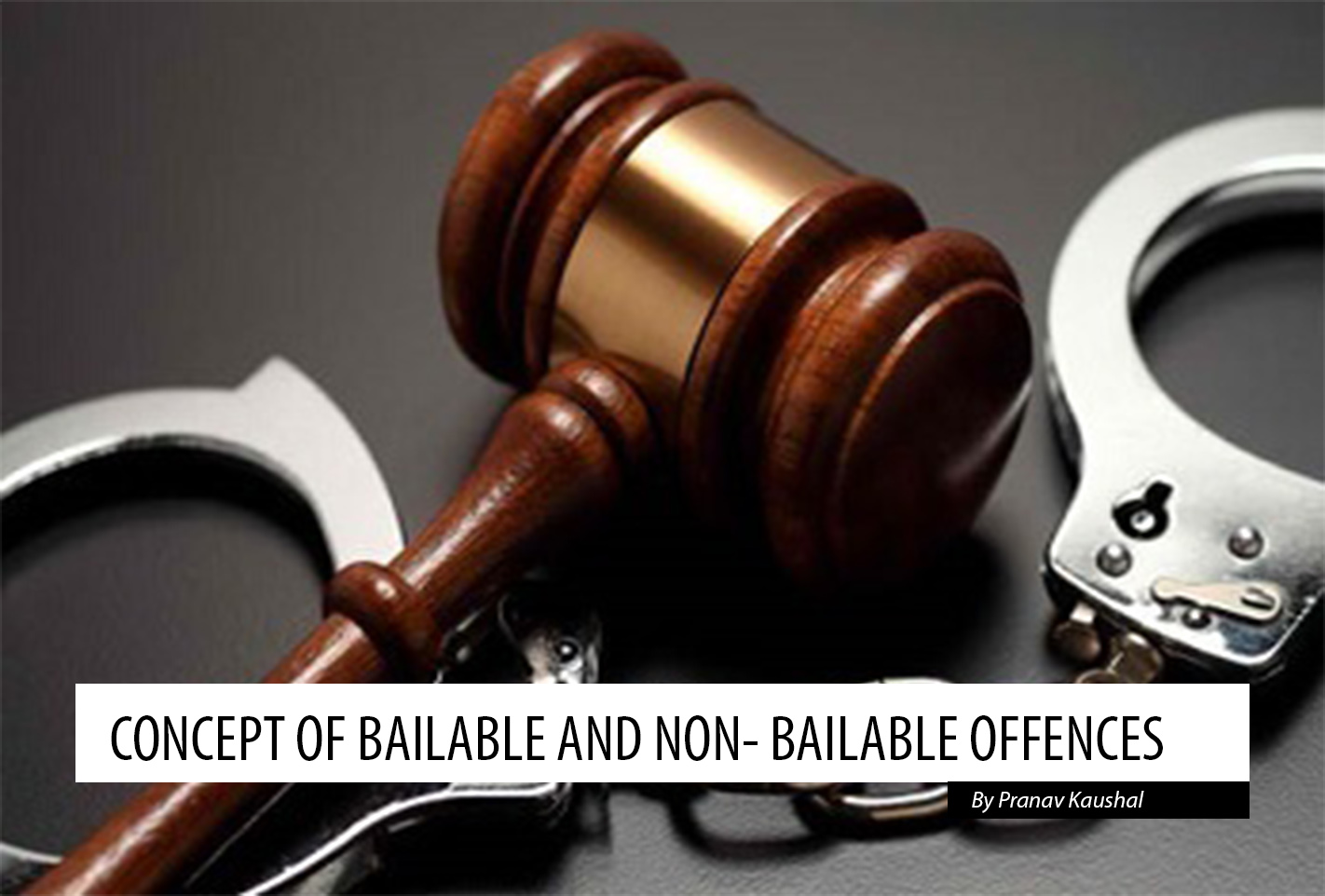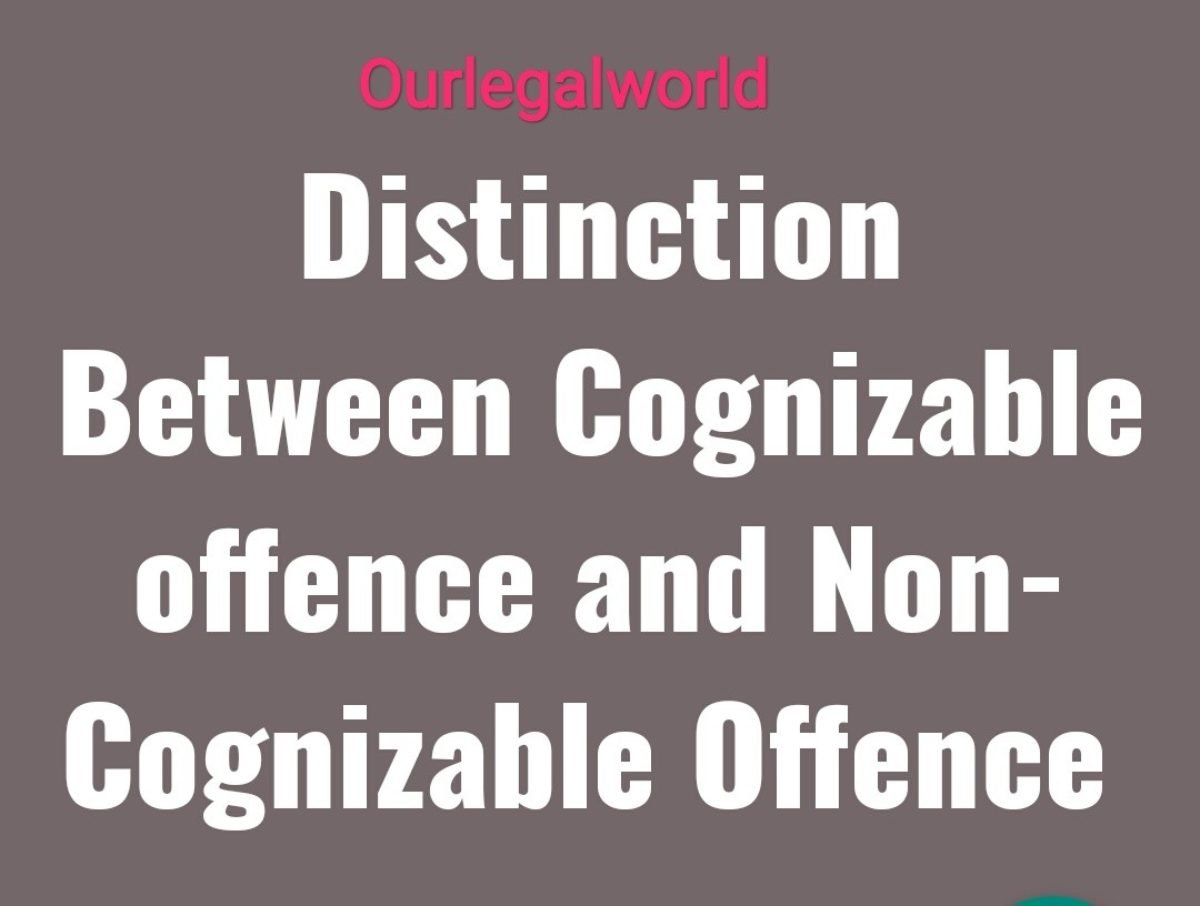Under the Code of Criminal Procedure (CrPC) of India, a bailable offense is a crime for which the accused person has the right to secure bail, or temporary release from custody, while awaiting trial. On the other hand, a non-bailable offense is a crime for which bail is not a matter of right, and the accused person must seek permission from the court to be released on bail.
Bailable offenses are generally less serious crimes, such as petty thefts or minor assaults, while non-bailable offenses are more serious crimes, such as murder or rape. The classification of an offense as bailable or non-bailable is determined by the Indian Penal Code (IPC) and other laws, and can vary depending on the circumstances of the crime and the accused person's criminal history.
Under the CrPC, a person accused of a bailable offense is entitled to be released on bail as a matter of right, provided they furnish the necessary security or bond. The court has the discretion to grant or deny bail in non-bailable offenses, based on the severity of the crime and the likelihood of the accused person fleeing or tampering with evidence.
In deciding whether to grant bail in a non-bailable offense, the court considers several factors, including the gravity of the offense, the likelihood of the accused person committing further crimes, and the strength of the prosecution's case. If the court determines that the accused person is a flight risk or poses a threat to the community, it may deny bail.
There are several provisions under the CrPC that allow for the grant of bail in non-bailable offenses in certain circumstances. For example, if the accused person has been in custody for a significant period of time, the court may grant bail as a matter of discretion. Additionally, if the prosecution fails to produce sufficient evidence to establish a prima facie case, the court may grant bail.
In summary, bailable and non-bailable offenses are categories of crimes under the CrPC of India. Bailable offenses are generally less serious crimes, while non-bailable offenses are more serious crimes. A person accused of a bailable offense has the right to be released on bail, while a person accused of a non-bailable offense must seek permission from the court to be released on bail. The classification of an offense as bailable or non-bailable is determined by the IPC and other laws, and the decision to grant or deny bail in a non-bailable offense is made by the court based on various factors.






